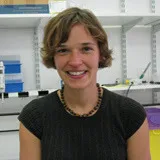
Professor Tanya Shaw
Professor of Tissue Repair & Regeneration
- Head of Anatomy
- Head of Department, Inflammation Biology
Research interests
- Immunology
Biography
Tanya specialises in wound repair and scarring, with a focus on cell differentiation and extracellular matrix. She gained her PhD in Cellular and Molecular Medicine at the University of Ottawa (Canada), researching ovarian cancer under the supervision of Professor Barbara Vanderhyden. Tanya then moved to the UK, where she began working on wound repair as a postdoctoral fellow in the lab of Professor Paul Martin at the University of Bristol. She established her independent research group at St George’s, University of London, where she worked from 2009-2014. In 2014 she joined King’s, where she is now a team leader in the Centre for Inflammation Biology and Cancer Immunology, in the School of Immunology & Microbial Sciences, and is a member of the Anatomy teaching department.
Research Interests
- normal and pathological scar formation (namely skin scars, but also other fibrotic conditions, including fibrotic tumour stroma)
- the architecture of fibrotic extracellular matrix
- cell differentiation events in skin wound healing
- cross-talk between the extracellular matrix and immune cells
- common molecular mediators of fibrosis and pain
- dermis development
Research
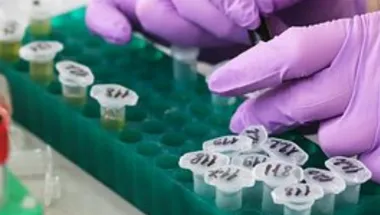
Shaw Group
The Shaw Group aims to understand the cell and molecular mechanisms underlying scarring.
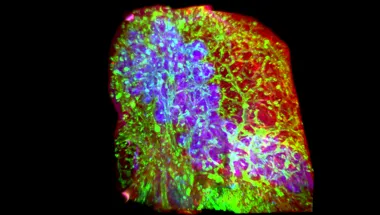
From Developmental Biology to Regenerative Medicine
Understanding organ development and tissue regeneration provides a framework for elucidating disease mechanisms as well as for developing new therapeutics.
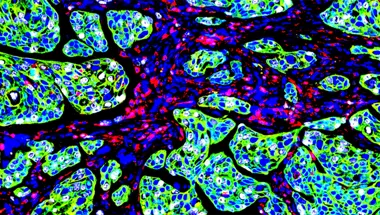
Spatial Biology Network
The Spatial Biology Network is a cross-faculty research interest group that brings together researchers from various disciplines, ranging from technology development and molecular biology, to bioinformatics and clinical translational research, to explore the complexity of spatial biology.
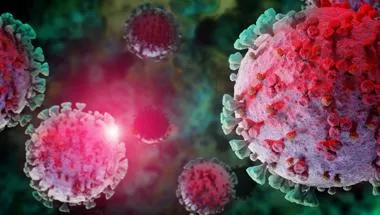
King’s MechanoBiology Centre (KMBC)
The King’s MechanoBiology Centre gives a common platform for researchers across different disciplines with complementary interests in mechanobiology

The Multiscale Biofilm Research Hub (MBRH)
The Multiscale Biofilm Research Hub (MBRH) has been established to promote interdisciplinary interactions and focus microbial biofilm related research at King’s.

Dermatological and non-mucosal biofilms
We are studying the role of biofilms in dermatitis, chronic pain, diabetic ulcers, nail infections and chronic wounds.
Project status: Ongoing
News
King's researchers highlight new potential therapies for scarring
New insights from studying keloid scars could provide novel treatments for fibrosis
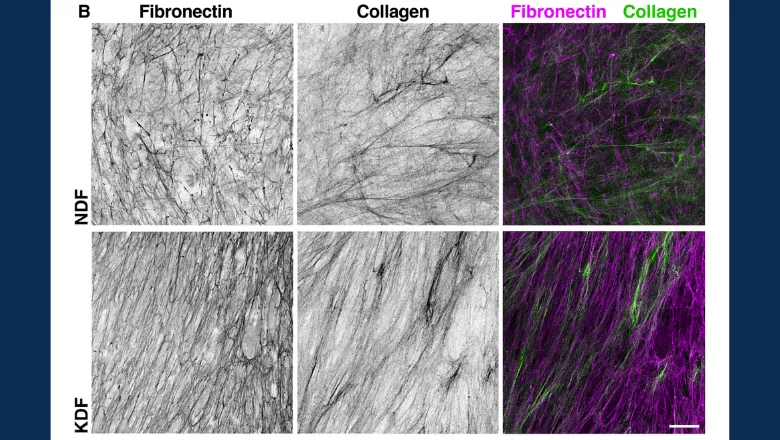
Excessive scarring shown to be associated with atopic eczema, hypertension and musculoskeletal diseases
Researchers find that excessive keloid and hypertrophic scarring co-occurs with specific conditions, while ethnicity also plays a part.
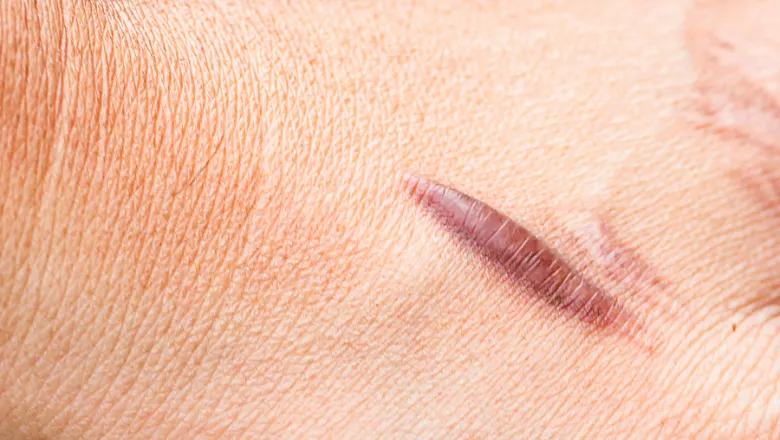
Events

Inaugural Lectures: Professors Tanya Shaw & James Gossage
Inspiring talks from two of our new professors about their work, their specialisations, and their journeys to where they are today.
Please note: this event has passed.
Tanya teaches in the Anatomy Department, hosting lab and library project students, and acting as Deputy Module Organiser for the 2nd year BSc course 5BBA2021 Structural Basis of Human Function. She also provides significant anatomy teaching for dentistry students at King's and contributes to the Immunology MSc program through lectures and lab projects.
Research

Shaw Group
The Shaw Group aims to understand the cell and molecular mechanisms underlying scarring.

From Developmental Biology to Regenerative Medicine
Understanding organ development and tissue regeneration provides a framework for elucidating disease mechanisms as well as for developing new therapeutics.

Spatial Biology Network
The Spatial Biology Network is a cross-faculty research interest group that brings together researchers from various disciplines, ranging from technology development and molecular biology, to bioinformatics and clinical translational research, to explore the complexity of spatial biology.

King’s MechanoBiology Centre (KMBC)
The King’s MechanoBiology Centre gives a common platform for researchers across different disciplines with complementary interests in mechanobiology

The Multiscale Biofilm Research Hub (MBRH)
The Multiscale Biofilm Research Hub (MBRH) has been established to promote interdisciplinary interactions and focus microbial biofilm related research at King’s.

Dermatological and non-mucosal biofilms
We are studying the role of biofilms in dermatitis, chronic pain, diabetic ulcers, nail infections and chronic wounds.
Project status: Ongoing
News
King's researchers highlight new potential therapies for scarring
New insights from studying keloid scars could provide novel treatments for fibrosis

Excessive scarring shown to be associated with atopic eczema, hypertension and musculoskeletal diseases
Researchers find that excessive keloid and hypertrophic scarring co-occurs with specific conditions, while ethnicity also plays a part.

Events

Inaugural Lectures: Professors Tanya Shaw & James Gossage
Inspiring talks from two of our new professors about their work, their specialisations, and their journeys to where they are today.
Please note: this event has passed.
Tanya teaches in the Anatomy Department, hosting lab and library project students, and acting as Deputy Module Organiser for the 2nd year BSc course 5BBA2021 Structural Basis of Human Function. She also provides significant anatomy teaching for dentistry students at King's and contributes to the Immunology MSc program through lectures and lab projects.
